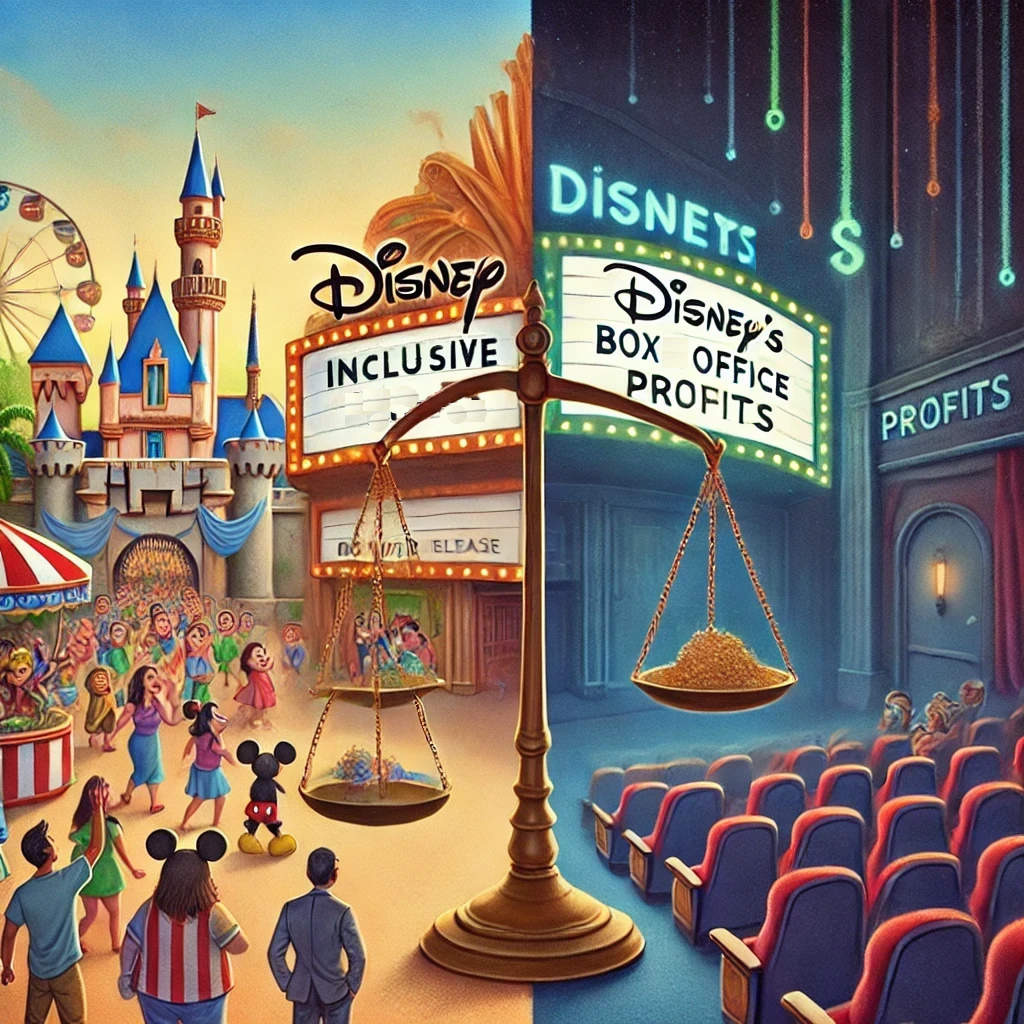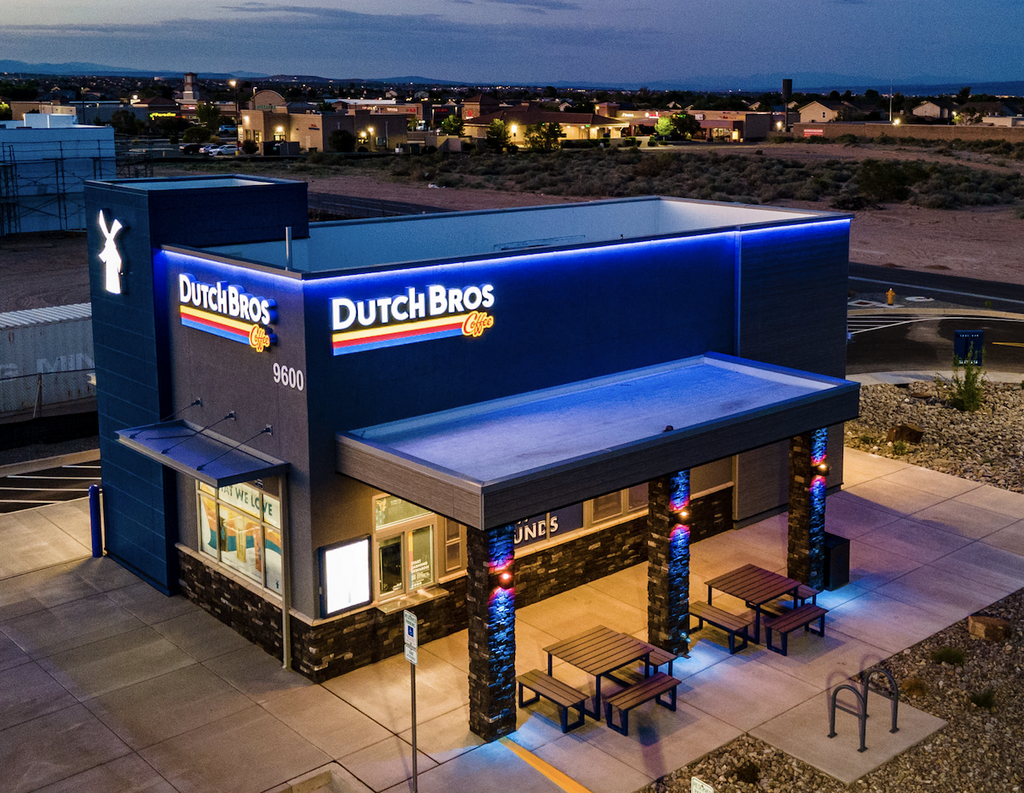
In recent years, Walt Disney (NYSE: DIS) has faced a challenging period. The stock, which recently dipped below $100, is struggling to regain the momentum it had in the early 2000s following successful acquisitions of Marvel and Pixar. The transition to streaming TV, the gradual decline of movie theaters, and high operating costs have taken their toll on the entertainment giant.
Over the past decade, Disney’s stock has delivered a modest 26% return, significantly lagging behind the S&P 500’s impressive 241% gain during the same period. However, there are indications that Disney’s fortunes might be on the rise again. With the stock trading below $100, investors are wondering whether it’s a good time to buy. Let’s explore further.
The pandemic exacerbated Disney’s financial issues, leading to near-zero operating profits in 2021, a situation not seen in decades. To address these challenges, Disney’s board brought back longtime CEO Bob Iger with two main objectives: cost-cutting and enhancing content quality. Iger’s cost-cutting measures aim to reduce annual expenses by $7.5 billion. This initiative has already had a positive impact, with operating earnings soaring to $10.5 billion over the past 12 months. Additionally, Iger is focusing on reducing the volume of content produced by Disney, Marvel, and Pixar, while improving its quality. This approach appears to be yielding results, exemplified by the success of “Inside Out 2,” which became Pixar’s best-selling animated film with $1.37 billion in box office sales.
Disney’s business model revolves around creating and leveraging entertainment franchises across various platforms. Theme parks, a significant revenue generator, have contributed close to $10 billion in operating income over the past year, bolstered by cruises and other segments. Despite being in a transition phase, Disney is expected to generate $8 billion in free cash flow this year, equating to a 22x price-to-free-cash-flow (P/FCF) ratio, close to the market average. While Disney’s stock might not appear as a compelling buy at first glance, there is potential for significant growth in free cash flow if the company continues its strategy of prioritizing quality content, investing in theme parks, and driving profitability in its streaming services. If Disney’s free cash flow doubles in the coming years, the stock could become highly attractive at its current price.
Disney plans to invest $60 billion in its theme parks and cruises over the next decade, aiming to turn popular franchises into attractions. This strategy could drive sustained growth in theme park profits, provided the company continues to produce hits like “Inside Out 2” and translate them into compelling park experiences. Disney’s streaming platforms, such as Disney+ and Hulu, have amassed significant subscriber bases but have struggled with profitability. However, recent improvements have brought these services to breakeven, marking a substantial turnaround from the $600 million loss in the same quarter last year. Success in translating movie hits to streaming profits is crucial for Disney’s stock to recover.
Despite these efforts, Disney has faced criticism and financial losses from its culturally inclusive policies. Recent high-profile releases have underperformed, with some attributing this to the company’s focus on diversity and inclusivity. Disney acknowledged a “misalignment” between its content and consumer preferences, which has impacted its reputation and profits. Disney’s emphasis on diversity and inclusivity has been met with mixed reactions. While diverse characters are generally welcomed, their portrayal often feels forced and detracts from storytelling. For instance, Marvel’s “The Marvels” underperformed partly due to featuring lesser-known, diverse characters rather than established heroes like Captain America or Iron Man.
Executive statements, such as those from Karey Burke, advocating for 50% of Disney characters to be LGBT or from ethnic minorities, have sparked debates about the impact of such policies on content quality and audience engagement. Characters that appear to serve as diversity tokens rather than integral parts of the story have contributed to audience dissatisfaction. To regain its former glory, Disney must strike a balance between cultural inclusivity and compelling storytelling. Characters should be well-developed and essential to the plot, rather than fulfilling diversity quotas. Successful examples like “Inside Out 2” demonstrate that high-quality content can drive profits without compromising on inclusivity.
Disney’s journey to profitability involves navigating the challenges posed by its culturally inclusive policies while focusing on cost-cutting, quality content, and strategic investments in theme parks and streaming services. If the company can align its content with audience preferences and leverage its entertainment franchises effectively, it may see a significant turnaround in its financial performance and stock value.






